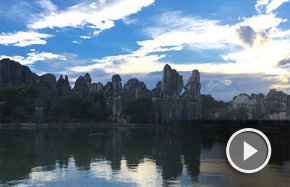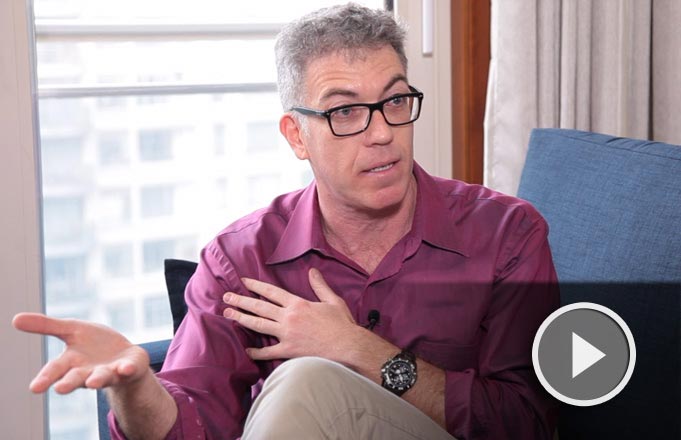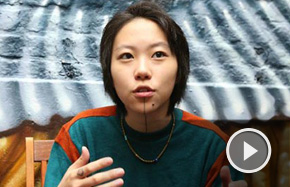Land of painters, scholars and poets
For thousands of years, Wuzhen has been home to many great talents in China.
Prince Zhaoming of the Liang Dynasty (502-560) studied here, compiling the first "selected Chinese writings" in history, which were studied by many others in the following centuries. The second half of the Book of the Later Han was discovered in Wuzhen. Talents in Wuzhen one generation after another chose to serve the country in the government, and when they left the government, they would start businesses. Many rich families lived in big residences, their gardens connected with each other, decorated with tall, thriving trees and painted leisure boats. Ginkgoes planted during Tang Dynasty (618-907) still flourish today. Even common people were well-educated and enjoyed access to libraries.
Today, visitors can go to Wuzhen's Dongzha area to see the academy named after Zhaoming. At the entrance, there stands a memorial gateway that was set up in the Ming Dynasty (1368-1644), but the academy was not built until the local government started developing Dongzha in 1999.
Leafing through the history of Wuzhen, one will find many great talents, such as poets Xie Lingyun in the Southern and Northern Dynasty (420-581) and Fan Chengda in the Song Dynasty (960-1279); essayist Mao Kun in the Ming Dynasty (1368-1644); and many other modern intellectuals such as Wang Huiwu and Kong Lingjing.
The more recent luminaries are Mao Dun, whose name was given to the top literature prize in today's China, and Mu Xin, one of the most popular writers among young readers nowadays.
In Wuzhen's Xizha tourism area, visitors can see a memorial hall for Mao Dun, where people can learn about his life and his tomb. In Dongzha, the family's old house is open to the public. People can see the place where he was born and a well-designed library.
You can also go to the former residence of Mu Xin in Dongzha's Caishen Bend, which was renovated by the local government.
Visitors can see his manuscripts, paintings, writings, photos and a video of a lecture on world literature he gave in 1994.
Wandering in Xizha, before arriving at the memorial hall for Mao Dun, one may see the former residence of the scholar Wang.
Wang represented the "new women" at the beginning of the 20th century, independent and progressive, trying to find a path for women's liberation. Inspired by her father, Wang opened the first primary school for women in Tongxiang county at the age of 13.
In July 1921, the first conference of representatives of the Communist Party of China was held in Shanghai. To keep the representatives safe, Wang helped choose the famous venue for the meeting - the painted leisure boat on Jiaxing's Nanhu Lake.
Wang also launched the first women's magazine in China called Voice of Women.























